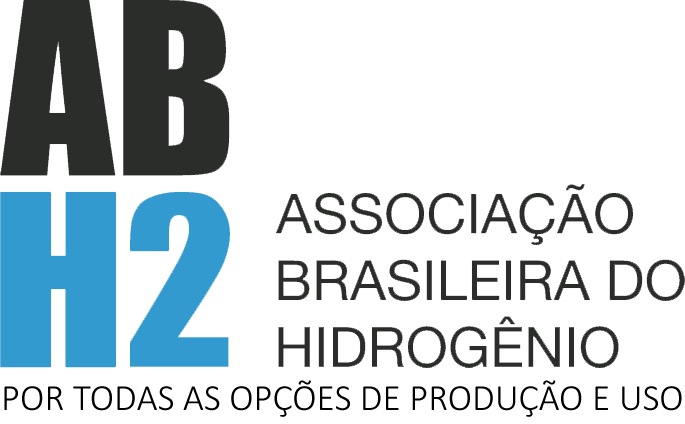MAPPING STUDY FOR THE BRAZILIAN HYDROGEN R&D AND INNOVATION SECTOR
— SYNTHESIS REPORT —
This mapping study conducted by the Brazilian Hydrogen Association (ABH2) and the Netherlands Innovation Network (NIN) provides a comprehensive overview of Brazil's hydrogen R&D and innovation sector. This collaboration has revealed valuable insights into science-based technological developments at various maturity levels in the landscape for low-carbon hydrogen in Brazil.
Professor Paulo Emílio Valadão de Miranda
President of the Brazilian Hydrogen Association
The partnership established between the Brazilian Hydrogen Association, ABH2, and the Netherlands Innovation Network, NIN, to make a study with the objective of mapping the Brazilian Hydrogen R&DI Sector unveiled very useful, and up to then, unknown privileged information of geopositioned science- based technological developments of a variety of maturity levels. It has highlighted national academic, entrepreneurial and innovation activities on themes such as biobased conversion, fuel cells, electrolyzers, power-to-X; among others. The actual and planned activities of private companies thrilled with the development of the new low-carbon emission hydrogen market have been recently awarded with new and modern Federal Laws on the theme, which even includes natural hydrogen as an important Brazilian hydrogen source, with the expectation that the regulatory framework will be soon put in place.
ABH2 actively brings together the main Brazilian stakeholders involved in the hydrogen energy sector, including companies, government institutions, and the scientific community interested on the hydrogen value chain in Brazil. It serves as a common locus for the creation and repository of information, dialogue, coordination, and representation of the interests of its members.
The Netherlands Innovation Network is part of the Dutch Ministry of Economic Affairs and operates in various countries with strong innovation capacity and/or potential. It aims to enhance the Netherlands' innovation capabilities by connecting global and Dutch innovation networks, having science, research, technology, and innovation as focus areas.
The study herein developed, embraced by ABH2’s local knowledge on the hydrogen value-added chain and NIN’s accumulated networking experience, will certainly contribute to advance relevant activities of this sector in Brazil and will also open positive prospects for inspiring collaborations between institutions and companies from both countries.
I do believe that subsequent joint work with these objectives will bring ABH2 and NIN to a very successful partnership and significant achievements.
Robert Thijssen
Innovation Counselor for the Netherlands in Brazil
The partnership between the Brazilian Hydrogen Association (ABH2) and the Netherlands Innovation Network (NIN) has led to a valuable study aimed at mapping Brazil's hydrogen R&D and innovation sector. This collaboration has uncovered useful insights into geographically positioned, science-based technological developments across various maturity levels. The study highlights important Brazilian academic, entrepreneurial, and innovative activities the hydrogen sector.
The Netherlands look at Brazil as a country with a huge potential for research, development and innovation in the energy and process technology sector – especially regarding hydrogen. Recent federal legislation has also created a more favorable environment for the low-carbon hydrogen market in Brazil, recognizing hydrogen as a key resource. With a regulatory framework expected to be established soon, private companies are increasingly engaged in this evolving sector.
NIN - part of the Dutch Ministry of Economic Affairs - operates in various countries with strong innovation potential, fostering connections between Dutch and global innovation networks. Its mission is to enhance the Netherlands' innovation landscape through collaboration in science, research, technology, and innovation. In Brazil ABH2 is one of our valued partners in connecting Brazilian stakeholders— including companies, government institutions, and researchers—focused on the hydrogen value chain. It serves as a central hub for information sharing, dialogue, and representation of its members' interests.
This collaborative study, drawing on ABH2’s local knowledge and NIN’s networking experience, will contribute to ongoing developments in Brazil’s hydrogen sector. It also presents opportunities for further collaboration between institutions and companies in both Brazil and the Netherlands. This joint effort can strengthen the partnership between ABH2 and NIN, leading to more meaningful achievements for both parties in the future.





